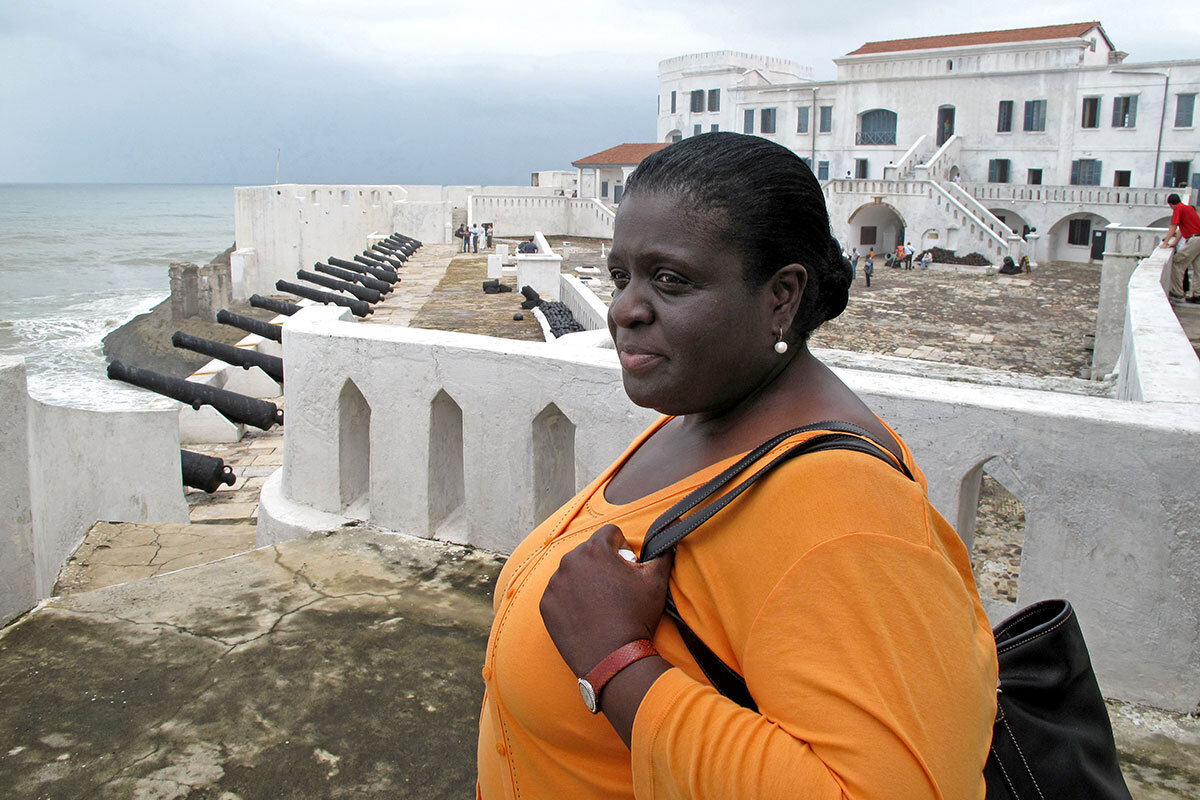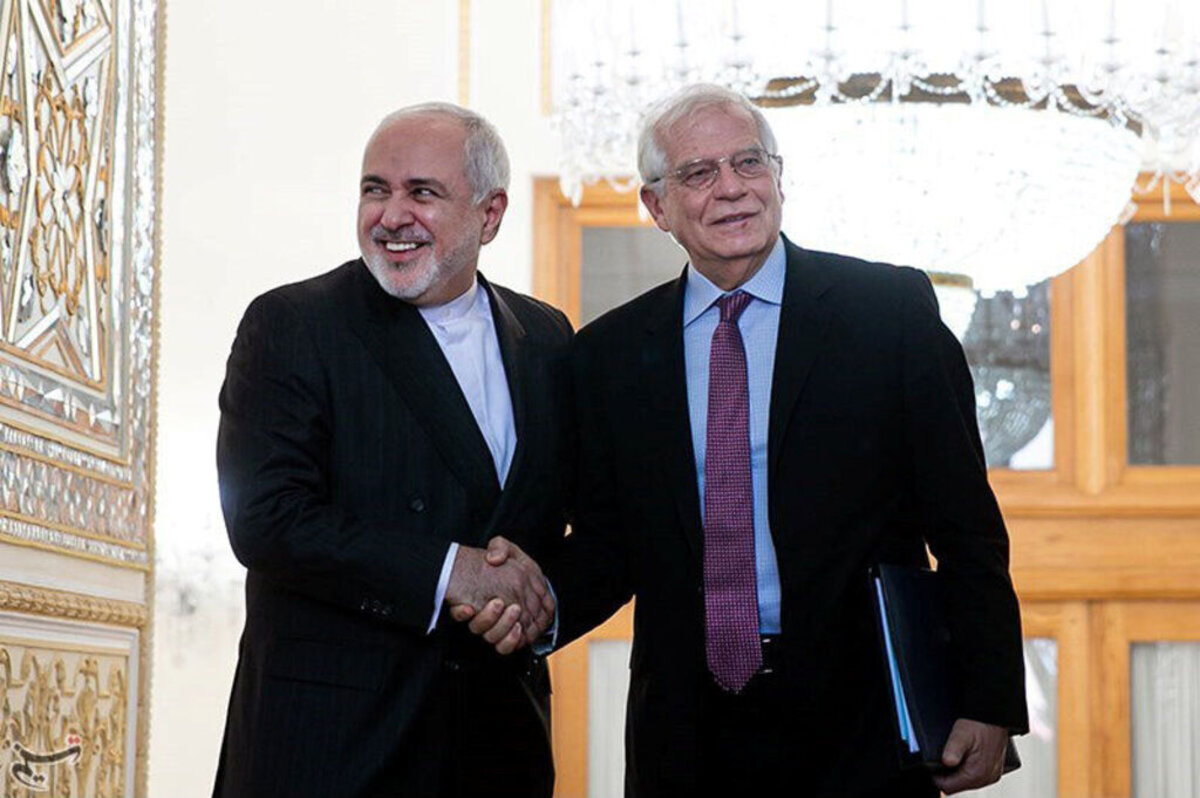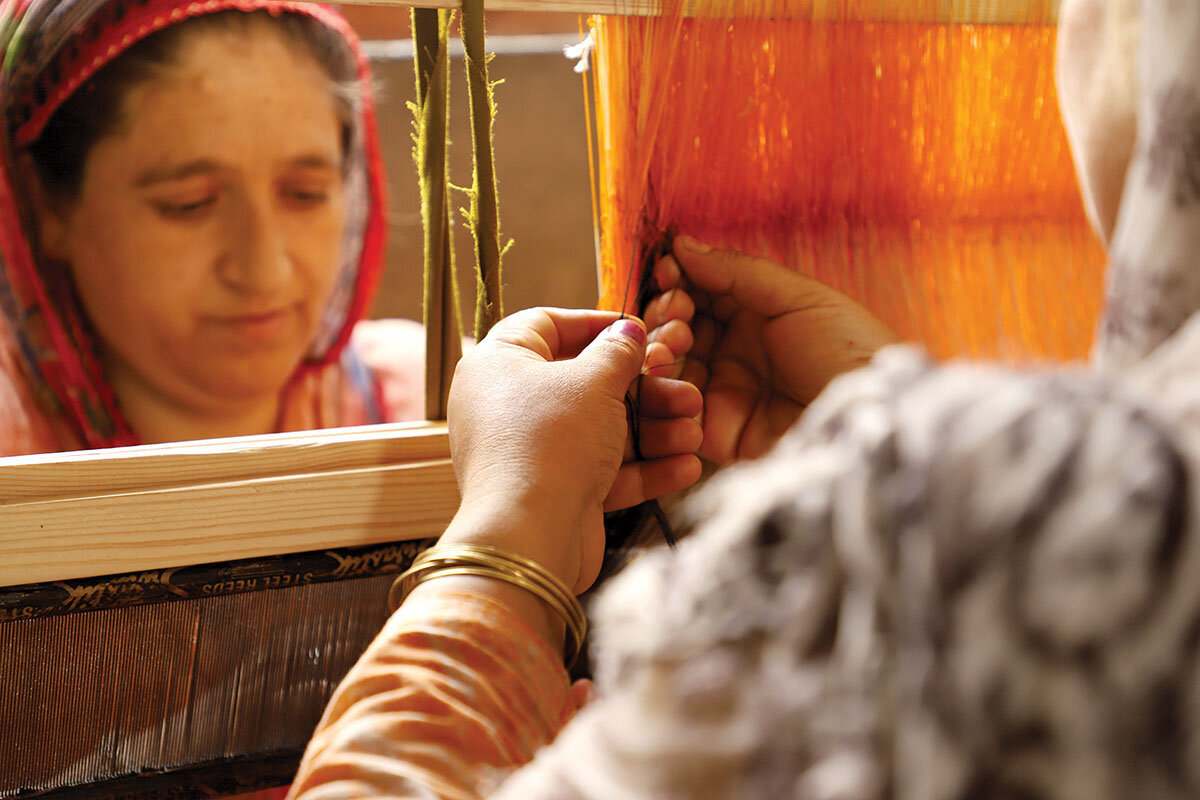In their everyday jabs at each other, Iran and the United States speak of containing or restraining the other in the present-day Middle East. The U.S. keeps forces in Arab states and backs Israel. Iran shoots or provides missiles around the region, harasses U.S. vessels, and maintains a nuclear program. Yet in the background for both is an emotion that often drives much of their actions: historic resentment. With a new U.S. president taking office next month and coming elections in Iran, it may be time to finally deal with the bitterness that each holds over perceptions of past wrongs.
Many Iranians resent both the U.S. role in the 1953 overthrow of an elected prime minister and its support of an oppressive regime under Shah Mohammad Reza Pahlavi. In the U.S., some leaders resent the taking of 52 American hostages after the 1979 Islamic Revolution and attacks on U.S. forces in the region. Together, these not only create a trust gap in resolving current issues, they sometimes serve as convenient excuses for politicians to whip up domestic support to stay in power.
Across the globe, feelings of national humiliation often cast a long shadow over statecraft. They cannot be ignored. Russia’s recent aggressions are sometimes rooted in resentment over the fall of the Soviet empire. Turkey seems bent on restoring the influence it had before the collapse of the Ottoman Empire a century ago. China celebrates a National Humiliation Day each September to remember the encroachment of Western powers and Imperial Japan on its territory. Beijing exploits a narrative of past victimhood to justify its regional and global ambitions as restitution of historic injustices.
Such tactics often leave a country unable to seek a better future. “The problem with the Chinese Communist Party’s rendering of the past is that it encourages the Chinese people to remain frozen in a time of humiliation,” writes British historian Christopher Coker.
For President-elect Joe Biden, Iran’s sense of aggrievement – as well as resentment in the U.S. toward Iran – will be an obstacle to creating a peaceful Middle East. He intends to rejoin the international deal negotiated during the Obama administration to contain Tehran’s nuclear capabilities. The Trump administration withdrew from that pact two years ago to impose a raft of new sanctions against Tehran and its trading partners.
Mr. Biden will have a short window to coax receptive leaders in Tehran into a new relationship with the U.S. In June, Iran is due to hold a presidential election. Any diplomacy before then will be complicated by the recent assassination of Iran’s top nuclear scientist, widely suspected to be the work of Israel. On Tuesday, hard-liners in Iran’s parliament voted to accelerate enrichment of fissile material and suspend United Nations inspections of its nuclear facilities unless sanctions are eased. President Hassan Rouhani, hoping for a rapprochement with Mr. Biden, condemned the bill.
U.S. critics of restoring a diplomatic track with Iran equate lifting sanctions with financing Iran’s proxy conflicts, sponsorship of terrorism, and enmity toward Israel. Those are real and persistent dangers. But Iranians say those arguments reflect a perspective that has misguided U.S. policy toward Iran since the Islamic Revolution. “The Americans ... don’t want to think that we have legitimate political concerns that are about a region free from imperial domination and a quest to control our resources,” a former commander of Iran’s Islamic Revolutionary Guard Corps told Foreign Policy last year.
What may help are small gestures that build up trust and open an opportunity to deal with the past. This is the approach widely supported in Europe. Germany’s relationship with Iran underscores the diplomatic capital of consistency. It tries to maintain cultural exchanges and economic relations with Iran that allow Berlin to retain some diplomatic influence – even during turbulent times. Under President George W. Bush, the U.S. relied heavily on European partners to start a dialogue with Iran.
Some form of COVID-19 assistance is an obvious possibility. Iran was one of the first countries outside China to be overwhelmed by the pandemic. Measures to help it could send a message that while the U.S. opposes the regime, it has no quarrel with the people of Iran.
As the Biden administration recalibrates U.S. policy toward Iran both sides need a pathway out of the past.
 Mark Trumbull
Mark Trumbull










